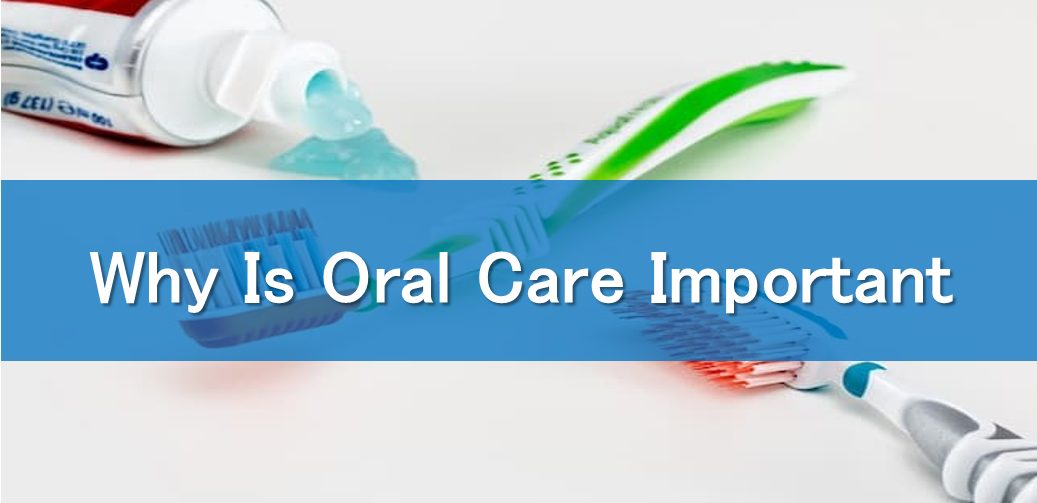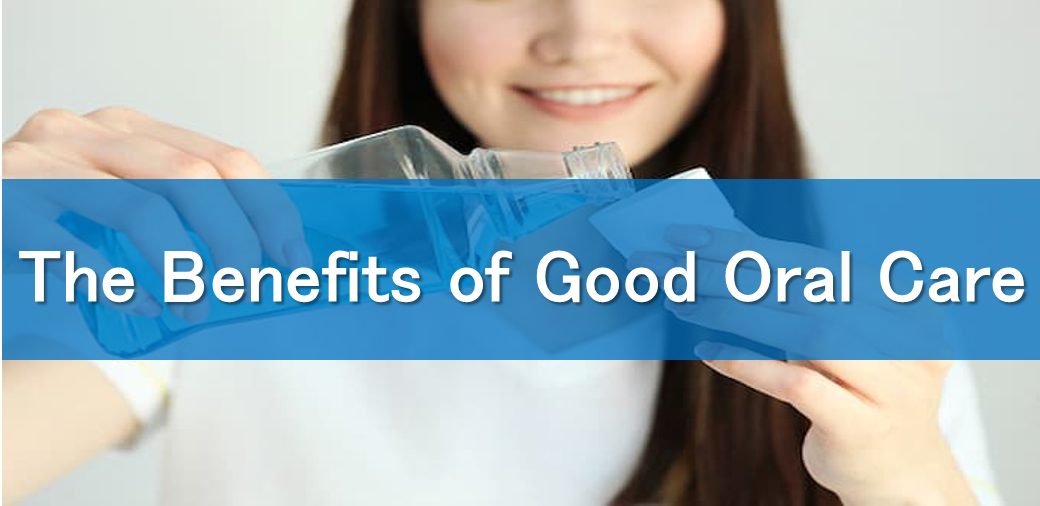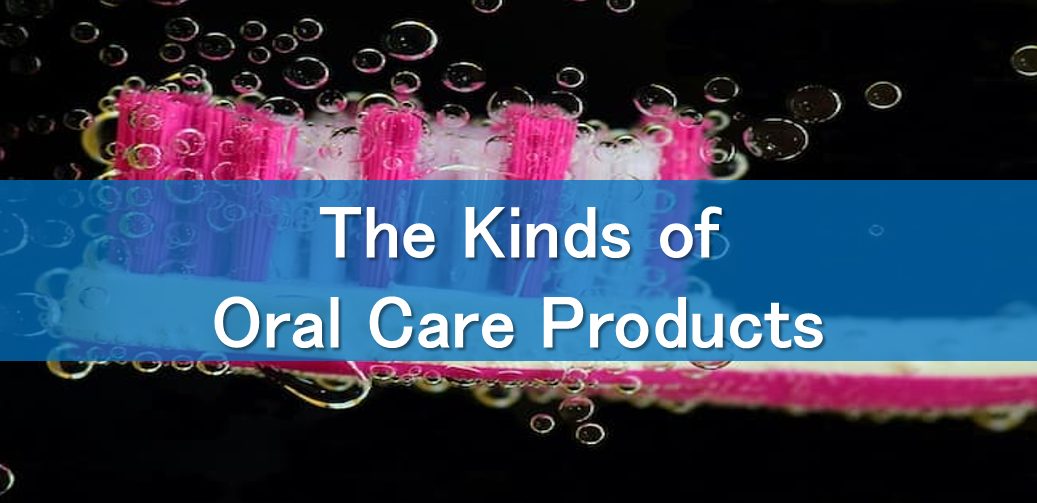
- HOME
- Cosmetic OEM Lab
I wanna create oral care products
How to Properly Care for Your Oral Health
Why is Oral care Important
In today’s beauty and wellness-conscious world, we often associate glowing skin, glossy hair, and radiant makeup as the ultimate markers of self-care. However, there’s one area that often gets overlooked—oral care. Beyond just a bright smile, a healthy mouth is a foundation for your overall health, self-confidence, and even your beauty routine.
Oral care is more than just brushing your teeth—it’s a full-body health practice. A consistent oral hygiene routine supports everything from heart health to glowing skin. In this article, we’ll dive into the importance of oral care, explore its wide-ranging benefits, break down the must-have products, and explain why it should be at the top of your daily routine.
Contents

We’ve all been told to brush twice a day since we were kids, but understanding the why behind that advice reveals just how crucial oral care truly is. From preventing disease to supporting total wellness, your mouth is much more than just a place for a smile.
Your mouth is the entry point to your body. Poor oral hygiene doesn’t just lead to cavities and gum problems—it can have serious implications for your entire system. Research shows that bacteria from untreated gum disease can enter the bloodstream, triggering inflammation and increasing the risk of:
The link between gum disease and chronic inflammation means that your oral health is directly connected to your immune function, cardiovascular system, and even your metabolic health. In short, healthy teeth and gums can contribute to a longer, healthier life.
Though often used interchangeably, dental care and oral care are not quite the same:
Both are important. Think of dental care as your specialist support, while oral care is your daily habit that keeps problems at bay between visits.

When done right, a good oral hygiene routine does more than just keep your mouth clean. It provides tangible benefits that affect your physical appearance, self-esteem, and long-term health.
Cavities are one of the most common dental issues—but they’re also highly preventable. By brushing, flossing, and using fluoride products regularly, you can remove plaque before it turns into tartar and decay. Fewer cavities mean fewer painful fillings, lower dental costs, and healthier natural teeth for years to come.
A healthy mouth starts with strong foundations. When you maintain proper oral hygiene, you prevent gum inflammation (gingivitis) and protect your enamel from weakening. This leads to teeth that are more resistant to sensitivity and breakage, and gums that can hold them in place for life.
Nobody wants to be the person with bad breath. Odor-causing bacteria thrive on leftover food and plaque in the mouth. Proper brushing, flossing, and rinsing can significantly reduce halitosis, giving you the fresh breath you need for confident conversations and close encounters.
Good oral hygiene doesn’t just protect your mouth—it protects your whole body. Studies continue to link oral bacteria with serious conditions like Alzheimer’s disease, arthritis, and even certain cancers. By keeping your mouth clean, you reduce the overall bacterial load in your system, improving your immune defences and reducing inflammation.
Stained or discoloured teeth can age your appearance and affect your self-esteem. Regular brushing with whitening toothpaste, combined with flossing and rinsing, can help remove surface stains from coffee, tea, wine, and more. Whiter teeth are a natural result of clean teeth, making your smile brighter without the need for harsh chemical whitening treatments.

An effective oral care routine is only as good as the tools you use. Today’s market offers a variety of products designed to meet specific needs, from sensitivity relief to enamel strengthening and whitening. Here’s a breakdown of the essentials:
Your toothbrush is the cornerstone of oral hygiene. Whether manual or electric, its main job is to remove plaque and food debris from your teeth and gums. Look for:
Electric toothbrushes are especially effective for those who want a deeper clean. Many models come with pressure sensors and built-in timers to ensure you’re brushing correctly.
Toothpaste isn’t just about flavour—it’s a powerful tool for addressing specific oral care concerns. Options include:
When choosing a toothpaste, consider your personal oral health goals—whether it’s stronger enamel, fresher breath, or brighter teeth.
Mouthwash helps cleanse areas your brush might miss. Depending on the formula, it can:
There are alcohol-free options for those with sensitive mouths or dry oral tissues, as well as therapeutic rinses with antibacterial or anti-inflammatory properties.
Flossing removes debris and plaque from between your teeth—where your toothbrush can’t reach. Types of floss include:
Flossing once a day can dramatically improve gum health and reduce the risk of decay between teeth.

Oral care is an often-overlooked pillar of both health and beauty. It goes far beyond brushing—it’s about supporting your immune system, preserving your natural teeth, and enhancing your confidence with a clean, radiant smile.
By understanding the deep connection between oral hygiene and overall health, and by using the right products tailored to your needs, you can transform your routine into an empowering self-care ritual.
Remember, your smile is one of the first things people notice—so make it a priority. After all, oral care isn’t just about brushing—it’s a beauty practice that begins from within.
For further information, please contact us.